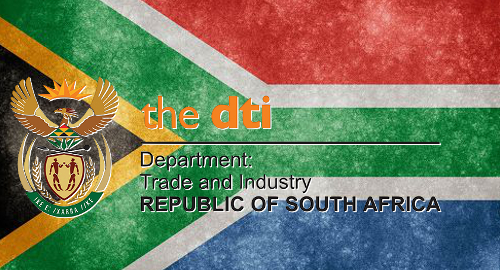 South Africa’s parliament has adopted newly streamlined gambling legislation, leaving thornier discussions for a future date.
South Africa’s parliament has adopted newly streamlined gambling legislation, leaving thornier discussions for a future date.
On Wednesday, South Africa’s parliamentary committee on Trade and Industry announced that it had adopted the National Gambling Amendment Act 2018, but only after narrowing the Act’s focus to just three issues in order to ensure swift passage.
Committee chairperson Joanmarie Fubbs said legislators had decided to ditch the more comprehensive Act that the Department of Trade and Industry (DTI) had proposed earlier this year, reducing it to three ‘technical issues’ to more swiftly address ‘existing governance challenges.’
The three issues remaining in the Act are transferring regulatory oversight from the National Gambling Board to the new National Gambling Regulator, improving governance at the National Gambling Policy Council and broadening the National Central Electronic Monitoring System to monitor all modes of gambling activity (ostensibly to provide better market data but mainly to determine proper taxation levels).
Fubbs said the committee decided to purge several “serious” issues from the final document – banning dog racing, regulating electronic bingo terminals and betting on lottery results, and cracking down on online gambling payments – because “the time available would not have allowed for an effective interrogation of these matters.”
Fubbs said the issues that were purged from the revised Act would eventually resurface and that adoption of the revised Act “will pave the way for more comprehensive and holistic amendments to the gambling regulatory framework.”
South Africa currently permits online sports and race betting, and has proposed harsh new punishments against any international gambling operator not holding a local license or offering other online products, such as casino or poker. The government also plans to confiscate any winnings that local residents might collect from these unauthorized sites.
Some South African politicians have attempted to bring the country’s gambling market into the 21st century by drafting legislation that would allow a broader variety of both online products and operators. But these efforts have failed to gain traction, in part due to heavy lobbying by the nation’s brick-and-mortar casino sector.
In comments submitted on the Act last month, gambling regulators in Gauteng — which leads all provinces with a 42% share of the nation’s gambling revenue — claimed that the government wanted to maintain its online gambling restrictions despite the “lack of capacity and appropriate skills” to enforce the ban. The Gauteng Gambling Board suggested that the online prohibition “has failed and it might be time to consider regulation of interactive gambling.”
South Africa’s government could indeed reap significant revenue from expanding its online gambling options but the DTI’s stated policy is that the “underlying objective of gambling regulation in SA is punter protection and not revenue collection.”